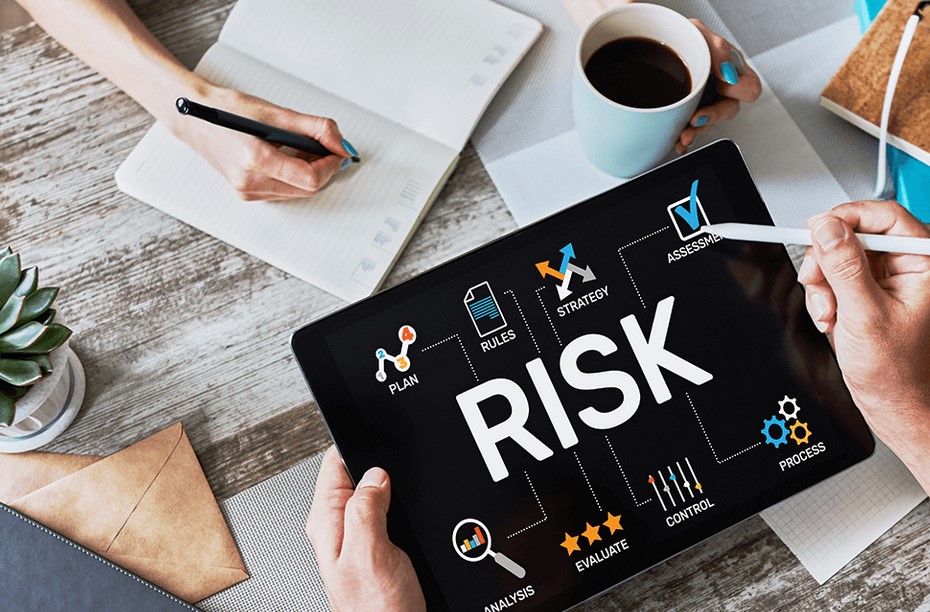Psychology of risk in learning
Learning and decision-making often involve weighing risks and potential rewards. Whether it’s deciding to take a challenging course or determining the best strategy for studying, risk-taking is inherent in educational contexts. Interestingly, the psychology of gambling provides valuable insights into how individuals assess risks and rewards, manage uncertainty, and make decisions—lessons that can enhance educational strategies. For instance, platforms like ninewin uk highlight the dynamics of calculated risks and rewards, offering a practical lens to study decision-making behaviors. This article explores how gambling experiences contribute to understanding decision-making in learning environments.
Risk-taking in learning: parallels with gambling behavior
Risk-taking is a core component of both gambling and learning. In gambling, individuals must decide whether the potential reward outweighs the risk of loss. Similarly, in education, students take risks by attempting challenging tasks or exploring unfamiliar subjects. The psychological factors influencing these decisions are remarkably similar.
1. The role of uncertainty:
Both gamblers and learners face uncertainty. In gambling, this uncertainty is often quantifiable, such as the odds of winning a hand of poker. In learning, uncertainty might involve the unpredictability of test questions or the outcomes of applying new study techniques. Research suggests that individuals comfortable with uncertainty are more likely to take risks and engage in exploratory behavior, which is crucial for deep learning.
2. Reward systems and motivation:
Gambling is heavily tied to the brain’s reward systems, particularly dopamine release, which reinforces behaviors associated with potential wins. Similarly, in learning, achieving a goal or mastering a concept triggers a sense of accomplishment, motivating continued effort. Educators can leverage this by designing tasks with immediate feedback and incremental rewards to keep students engaged.
3. The cost of failure:
Both gamblers and learners face potential failure. However, how failure is perceived can shape future behavior. In gambling, repeated losses may deter further bets, whereas a single win can reinforce continued risk-taking. In education, fear of failure can lead to avoidance of challenges. To counter this, educators should foster a growth mindset, encouraging students to view failures as opportunities to learn and improve.
Decision-making strategies in learning: lessons from gambling
Gambling provides unique insights into decision-making strategies that can be applied to educational contexts.
1. Probabilistic thinking:
Successful gamblers often employ probabilistic thinking—assessing odds and making calculated bets. This mindset can be valuable in learning, where students face multiple options, such as selecting study resources or strategies. Teaching students to evaluate probabilities and outcomes can enhance their decision-making skills, making them more confident in their choices.
2. Emotional regulation:
Emotions play a significant role in both gambling and learning. A gambler who becomes overly emotional after a loss may make irrational decisions, just as a student frustrated by a poor grade might abandon a challenging subject. Building emotional resilience and mindfulness can help learners maintain focus and make rational decisions under pressure.
3. Learning from feedback:
Gambling emphasizes the importance of immediate feedback. Whether it’s a win or a loss, feedback helps gamblers adjust their strategies. In education, timely feedback allows students to understand their mistakes and make corrections. Educators can implement this by providing real-time feedback on assignments or assessments, enabling continuous improvement.
Turning risk into opportunity
Risk-taking is an integral part of both gambling and learning, and the parallels between these domains offer valuable lessons. By understanding the psychological factors at play in gambling, educators and students can better navigate uncertainty, manage emotions, and make informed decisions. Applying these insights to educational contexts not only enhances the learning experience but also empowers students to embrace challenges and grow through their efforts.

